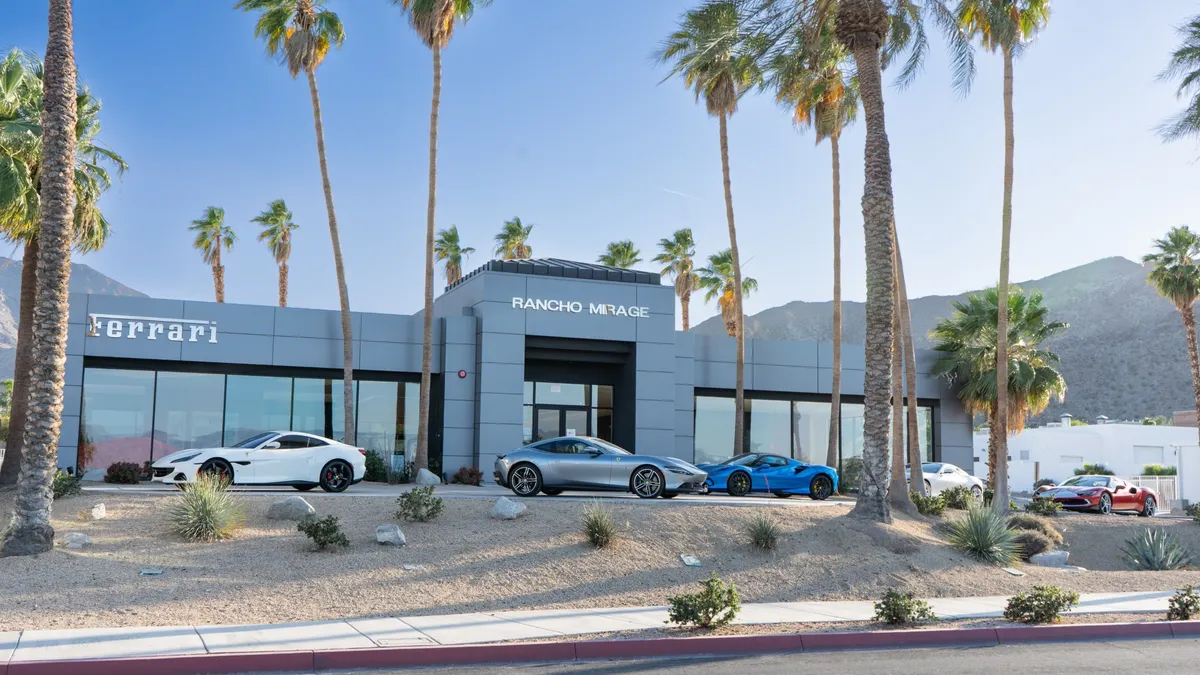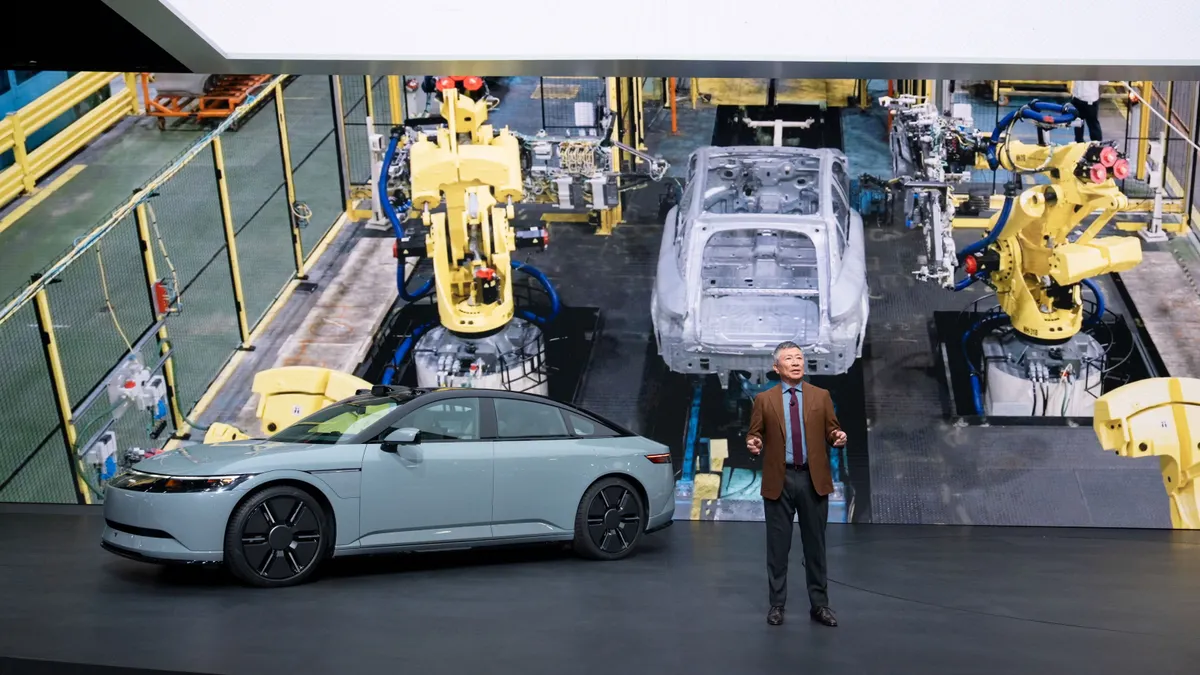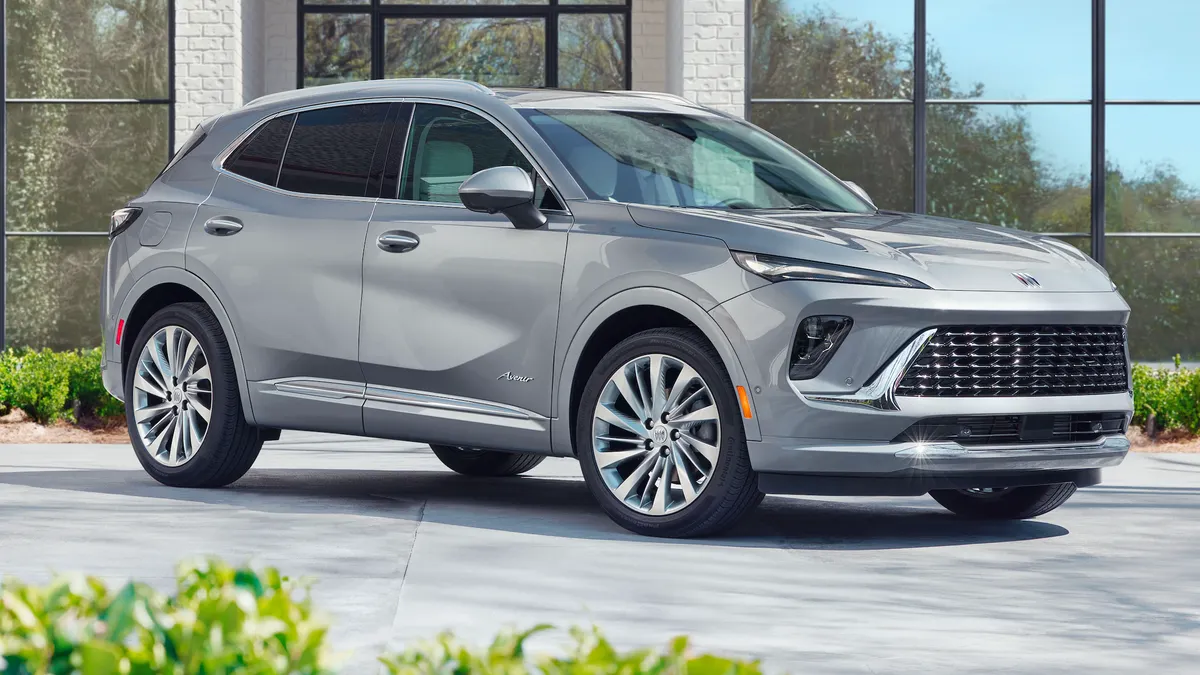Editor's note: This story is part of the WardsAuto digital archive, which may include content that was first published in print, or in different web layouts.
Reports that Apple might be gearing up to become an automaker has fans of the company wetting their pants in excitement and auto industry experts scratching their heads.
Fans envision the tech company reinventing the whole concept of mobility and creating millions of electric autonomous vehicles as distinct and ubiquitous as iPhones. Wall Street analysts puff about the company disrupting a rusty, outdated industry and turning it into something shiny and new.
But auto experts wonder why Apple would want to get involved in a capital-intensive low-margin business that involves heavy manufacturing, globalized labor unions, strict government oversight and dozens of other issues as foreign to Silicon Valley as snowstorms and pickup trucks.
Former General Motors CEO Dan Akerson told Bloomberg last month that building cars requires “hard-core manufacturing” and added that Apple executives “don't know what they're getting into.”
But it’s easy to see why Apple is contemplating such a move and reportedly poaching employees from Tesla, battery maker A123 Systems, Mercedes-Benz and others. Simply partnering with current automakers to create instrument panels and connectivity strategies is too small a vision to push a company with a market capitalization of almost $750 billion past the $1 trillion mark.
Transforming personal mobility around the globe is a Big Idea worthy of Apple’s corporate ego.
And if you are sitting in Silicon Valley looking at Tesla Motors, which is worth almost half as much as GM even though it builds only one low-volume electric car and is two years late introducing its second, being an automaker looks like an easy way to crank up the stock price. When Google gets away with calling a self-driving golf cart a “car,” it looks even easier.
Expect Apple to start leaking images of mysterious, beautifully designed prototypes over the next few years that give the stock a healthy bump every time they are spotted.
The interior no doubt will feature something like the Mercedes-Benz DICE (Dynamic and Intuitive Control Experience) concept the automaker unveiled at CES in 2012. The concept uses a combination of augmented reality, Internet connectivity and intuitive gesture-based controls to enable a vehicle to create a personal connection with the driver. The entire windshield is transformed into a brilliant head-up display and it is dazzling to behold.
It’s something Mercedes tech guru Johann Jungwirth was developing before Apple hired him last year. Jungwirth spoke at the WardsAuto Interiors conference in 2013 about “The Appification of the Automobile.”
Yes, Apple will put on a great tease, but it will never result in the manufacture of millions of clever iCars. Here’s why:
Tiny volume and zero profits in the EV segment. Someday EVs may rule the world, but limited range and practicality hinder demand for the foreseeable future. A total of 65,347 EVs were sold in the U.S. in 2014, led by the Nissan Leaf with 30,200 and the Tesla Model S with 13,785 deliveries. The two top-selling vehicles in the U.S. were the Ford F-150 fullsize pickup with 701,102 sales and the Chevy Silverado fullsize pickup with 529,755. The America that does not live in Silicon Valley still loves giant, $40,000 pickups. And unlike EVs, pickups and SUVs are enormously profitable, at least by automotive standards.
Low margins vs. high margins. The profit margins Apple is used to range from 25% to 35%. Auto industry margins range from about 15% on the extreme high end to 3% or less. Fiat Chrysler Automobiles Sergio Marchionne says he loses $14,000 on every Fiat 500e EV he sells.
Apple doesn’t understand heavy manufacturing. If Apple were able to drum up iPhone-like demand for an iCar, it does not have the knowledge to create the factories and supply chain necessary. You can’t create a new vehicle and then just ship the specs to China. Last summer, Tesla’s Elon Musk explained to analysts that the low-volume Model X was two years late because “People don’t know how hard it is to manufacture something,” which meant “people like me outside the traditional auto industry.”
Automotive is the opposite of the consumer electronics business. A new vehicle takes 3-5 years to develop, and it stays in the marketplace for 15 years or more. Imagine Apple creating a massive parts and tech-support infrastructure for decades-old products, even those that flopped like the LISA and Newton. Imagine the potential liabilities of 15-year-old autonomous iCars taking kids to school and soccer practice.
Yes, with all its wealth and brainpower, Apple could spend billions to create a fascinating vehicle, farm out manufacturing to a supplier such as Magna and create a service and retailing network, but ultimately there are much easier ways for it to become a company valued at $1 trillion, and it will find them. In the investment world, it’s all about the promise, not the product. In automotive, it’s the reverse.



















